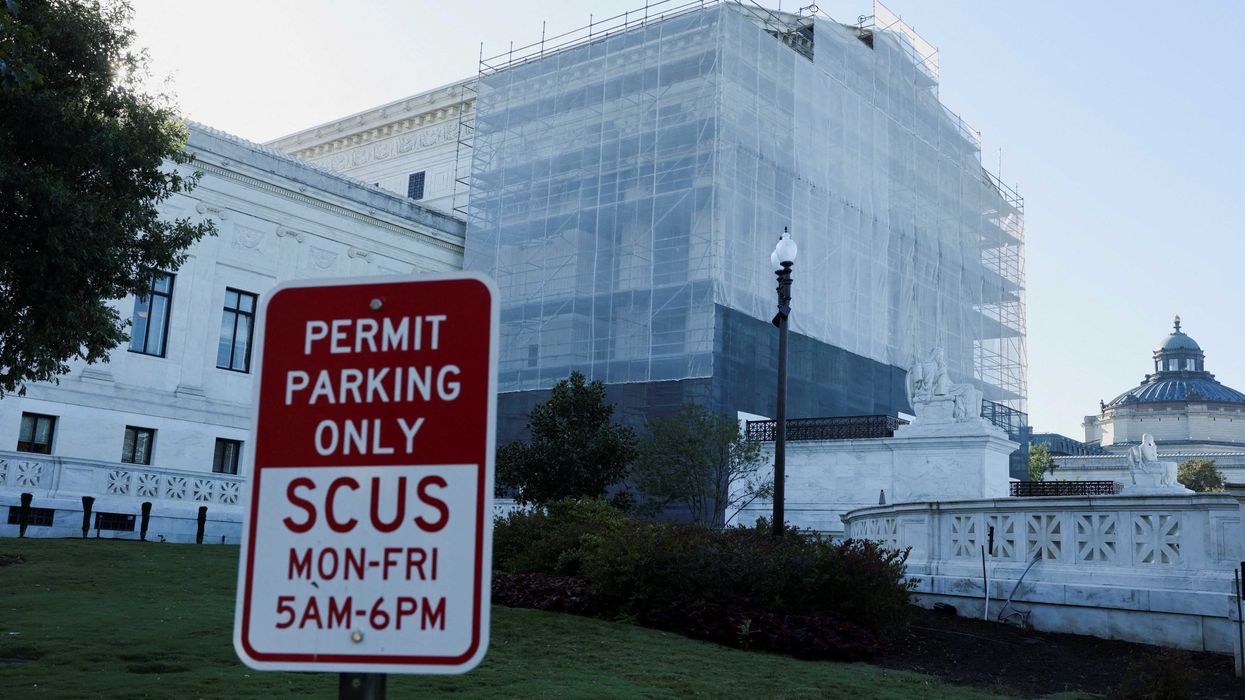(NewsNation) — Approximately 77,000 federal employees have accepted a deferred resignation offer spearheaded by the Trump administration as it looks to reduce the federal workforce.
White House press secretary Karoline Leavitt on Thursday confirmed the final buyout tally to NewsNation’s “Morning in America” after the offer’s deadline was reached at 7 p.m. ET Wednesday. The tally, which amounts to less than 4% of the federal workforce, is short of the 5 to 10% goal laid out by the White House.
McLaurine Pinover, a spokesperson for the Office of Personnel Management, told NewsNation the office is pleased the court rejected the effort to strike down the program.
“There is no longer any doubt: the deferred resignation program was both legal and a valuable option for federal employees. This program was carefully designed, thoroughly vetted and provides generous benefits so federal workers can plan for their futures,” Pinover said.
Leavitt called the program the “first of many legal wins” for President Donald Trump. Still, another group of unions looking to stall the buyout effort filed a lawsuit in Washington, D.C., late Wednesday.
Judge clears way for federal worker buyouts
On Wednesday, U.S. District Court Judge George O’Toole declined to further pause a federal government buyout program, enabling the government to forge ahead with its “Fork in the Road” program.
O’Toole had extended the deadline for federal employees to decide whether to accept the buyout, which gives employees eight months of pay and benefits if they resign.
In his ruling, O’Toole found unions that had sued over the directive did not have standing.
The decision allowed the Trump administration to enforce the deadline, which was originally planned for Feb. 6. That deadline had been extended as O’Toole weighed a bid by unions to temporarily block the OPM from carrying out the offer entirely.
Union workers cautioned against buyout
Unions warned employees against taking the deal, and Democrats warned the government would fail to uphold its commitment.
They cautioned that with government funding set to expire in March, employees’ pay and benefits could be at risk. The move has sparked protests in Washington and across the nation.
The buyout is part of Trump’s aim to reduce the federal workforce and aligns with plans to cut staffing for U.S. aid projects worldwide as part of the administration’s efforts to dismantle USAID.
The Hill contributed to this report.



